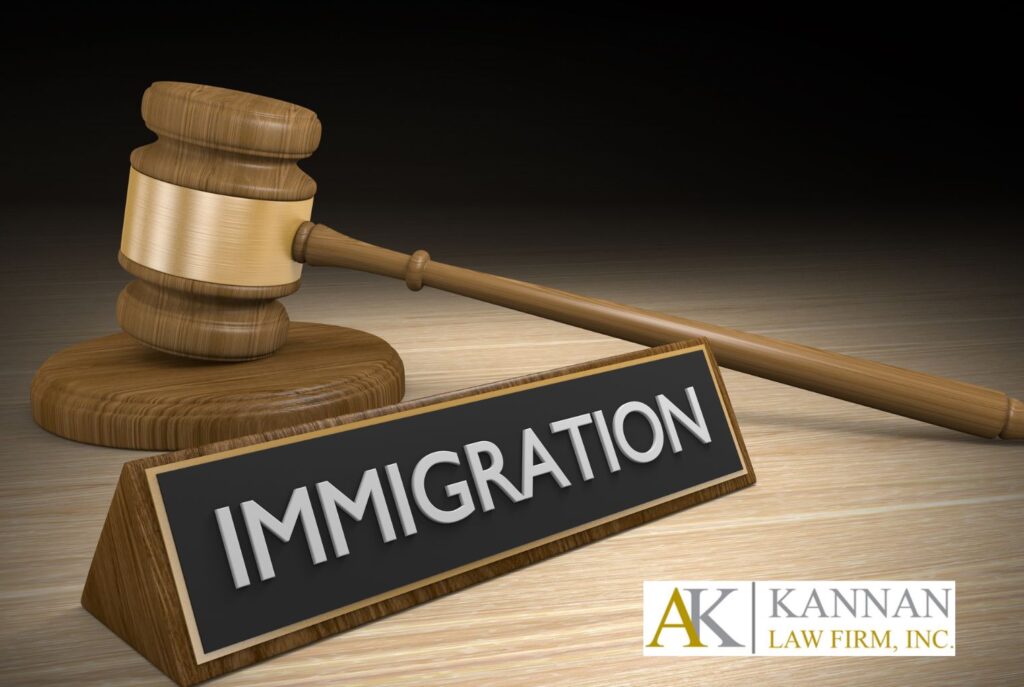What You Need to Know About Crimmigration Law
What You Need to Know About Crimmigration Law
Do you need help with your immigration process or criminal defense? Call us today at (619) 746-8879
In recent years, the term “crimmigration” has become increasingly significant as immigration and criminal law intersect more frequently. Whether you’re a non-citizen facing criminal charges or simply seeking to understand this evolving area of law, knowing your rights and responsibilities is essential.
Below, we’ll cover what crimmigration is, how it affects you, and why a crimmigration attorney can be a crucial asset in navigating these complex issues.
Key Takeaways
- Crimmigration Defined: Crimmigration is the intersection of criminal and immigration law, where criminal convictions, even for minor offenses, can lead to severe immigration consequences such as deportation or inadmissibility.
- The Role of a Crimmigration Attorney: Hiring a specialized crimmigration attorney is crucial for non-citizens facing criminal charges. They can navigate both legal systems and minimize the immigration consequences of criminal convictions.
- Key Crimmigration Areas: Non-citizens should be aware of deportable offenses, the impact of criminal records on admissibility, and immigration detention, all of which can significantly affect their immigration status and future in the US.
What is Crimmigration?
Crimmigration is a blend of criminal and immigration law. It refers to the overlapping area where criminal convictions have direct consequences for non-citizens, including deportation, inadmissibility, and other immigration penalties. Over time, even minor offenses, such as drug possession or theft, can lead to significant immigration consequences, making it crucial to understand how both legal systems intertwine.
While criminal law primarily deals with violations of public laws that could lead to penalties like fines, probation, or imprisonment, immigration law governs the legal status of non-citizens, including visas, residency, and deportation. Crimmigration law evaluates how a criminal record can impact a person’s immigration status and, in some cases, result in deportation or barred re-entry into the United States.
The Importance of a Crimmigration Attorney
When facing criminal charges as a non-citizen, hiring a specialized crimmigration attorney is critical. A general defense attorney may not fully understand the unique challenges you face as an immigrant.
A crimmigration attorney is experienced in both areas of law and can anticipate the immigration repercussions of criminal charges.
For instance, pleading guilty to certain criminal offenses, even if they seem minor, could result in deportation. A crimmigration attorney will work to negotiate outcomes that minimize or eliminate the immigration consequences of a conviction.
They are also invaluable if you need representation in immigration court following a criminal case.

Crimmigration Law: Key Areas to Understand
1. Deportable Offenses: Not every crime leads to deportation, but some criminal acts, known as “aggravated felonies,” carry automatic immigration consequences. These offenses range from drug trafficking to serious violent crimes.
However, even misdemeanor convictions related to drugs or domestic violence can have severe immigration implications.
2. Admissibility: Criminal convictions can render a person “inadmissible,” preventing them from obtaining legal immigration status, such as a Green Card or visa. In some cases, even being accused of a crime can affect your immigration status.
3. Immigration Detention: Immigrants who are convicted of certain crimes may be detained by immigration authorities, even after completing their criminal sentences. This can lead to prolonged detention while awaiting deportation proceedings.
4. Criminal Records and Visa Applications: Criminal history plays a significant role in determining visa eligibility. Whether you’re applying for a tourist visa, work visa, or Green Card, a criminal record can limit your chances of approval.
Protecting Your Rights
Understanding your rights under crimmigration law is essential, especially if you’re a non-citizen facing criminal charges. Many immigrants are unaware that a criminal case can have permanent consequences on their ability to remain in or re-enter the country.
Consulting with a crimmigration attorney such as Kannan Law as early as possible can protect your rights and help you navigate the legal maze that is crimmigration.
Summary
Crimmigration is a complex and often misunderstood area of law. For non-citizens, criminal charges can have far-reaching consequences that extend beyond fines or prison time, potentially affecting your immigration status and future in the United States.
Seeking the guidance of a skilled crimmigration attorney is essential in protecting your rights and minimizing the impact of criminal charges on your immigration status.
Whether you’re facing charges or simply looking to better understand the field of crimmigration law, staying informed can make all the difference in your legal journey.
Frequently Asked Questions
How can a criminal conviction affect my immigration status?
Certain criminal convictions, including offenses classified as aggravated felonies or crimes involving moral turpitude, can result in deportation or removal proceedings. Even minor offenses may impact your ability to secure visas, green cards, or citizenship.
Can a past criminal record affect my chances of becoming a US citizen?
Yes, a past criminal record can significantly affect your eligibility for US. citizenship. Certain offenses may make you ineligible for naturalization, and any criminal history will be closely reviewed during the application process to determine if you meet the “good moral character” requirement.
Can I be detained by immigration authorities for a criminal offense?
Yes, if you are a non-citizen and are arrested for a criminal offense, immigration authorities may detain you, especially if the offense is considered serious under immigration law. Depending on the circumstances, you could face removal proceedings or be held in detention while your case is being resolved.
